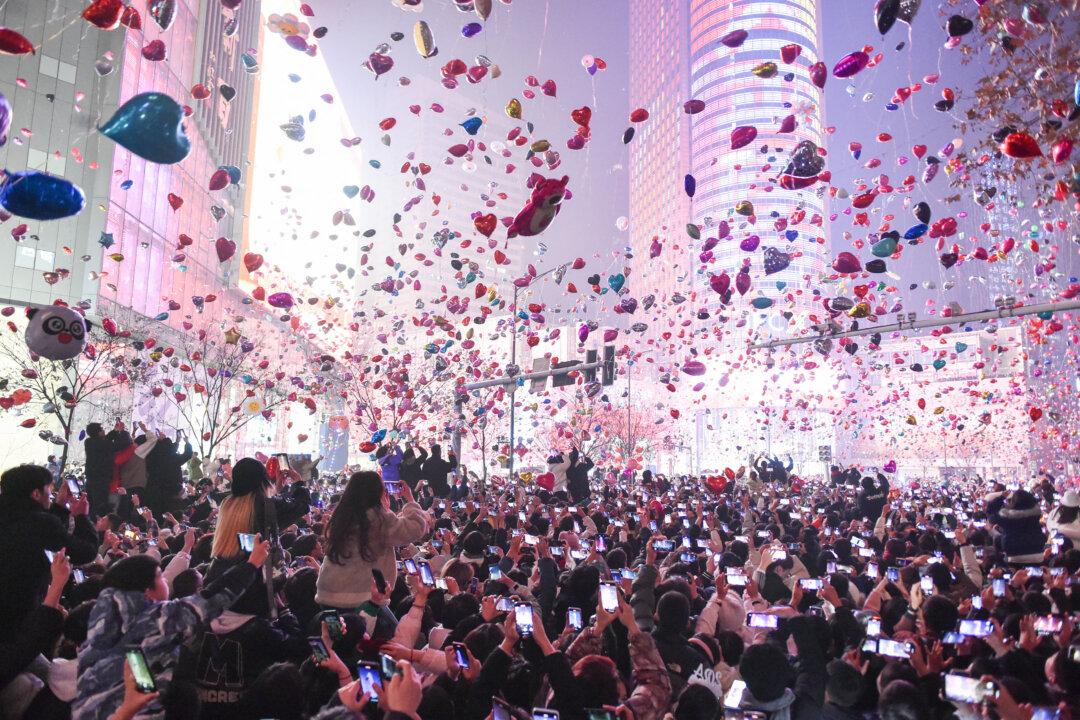The Chinese term “chu-xi,” meaning Chinese New Year’s Eve, is censored on China’s social media platforms, according to a post on X, and confirmed by Chinese netizens. This comes as Beijing dropped Lunar New Year’s Eve from its 2024 public holidays.
Speculations arose that “chu-xi” phonetically resembles “remove Xi,” referring to Chinese Communist Party (CCP) leader Xi Jinping. Many netizens proposed chanting “happy chu-xi” during the holiday, regarded by many as a grassroots expression of widespread political discontent with Xi and the CCP.




